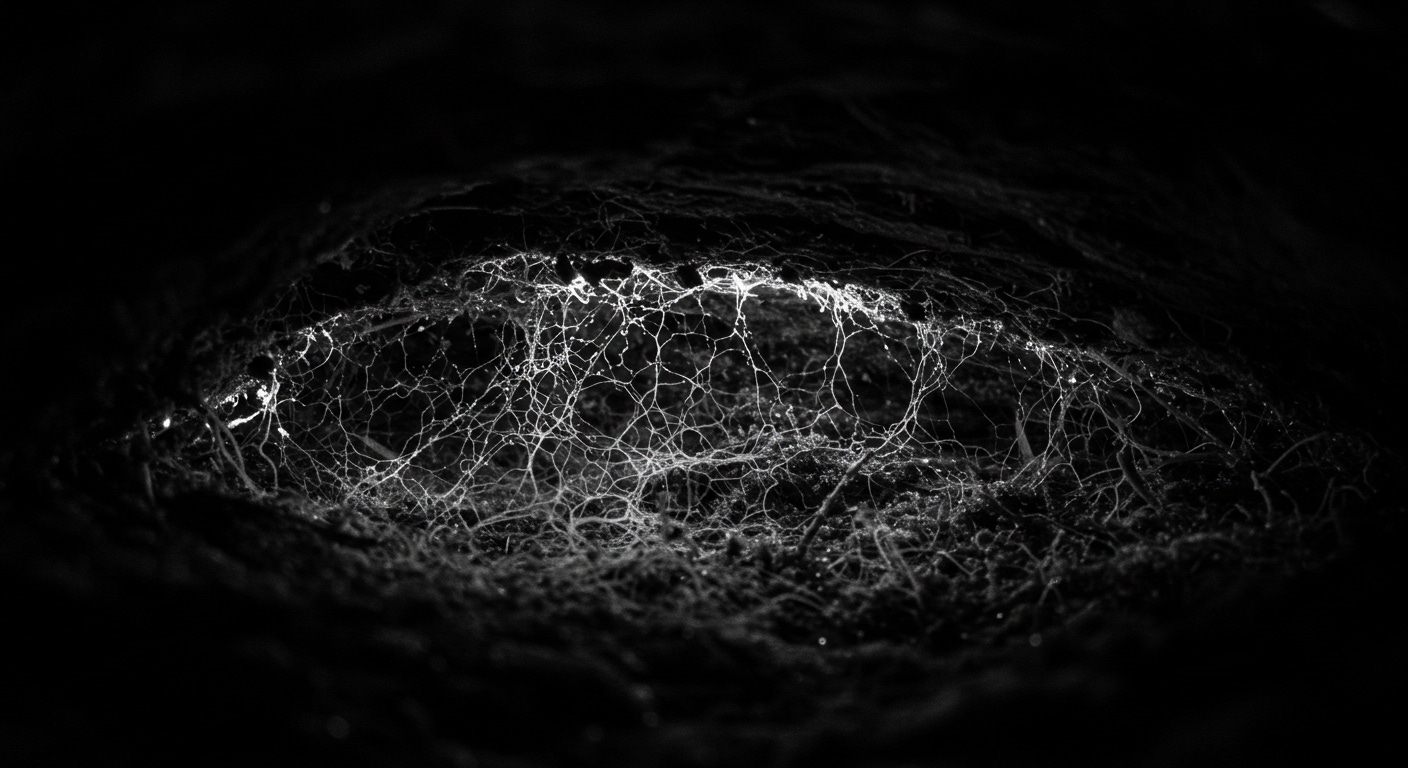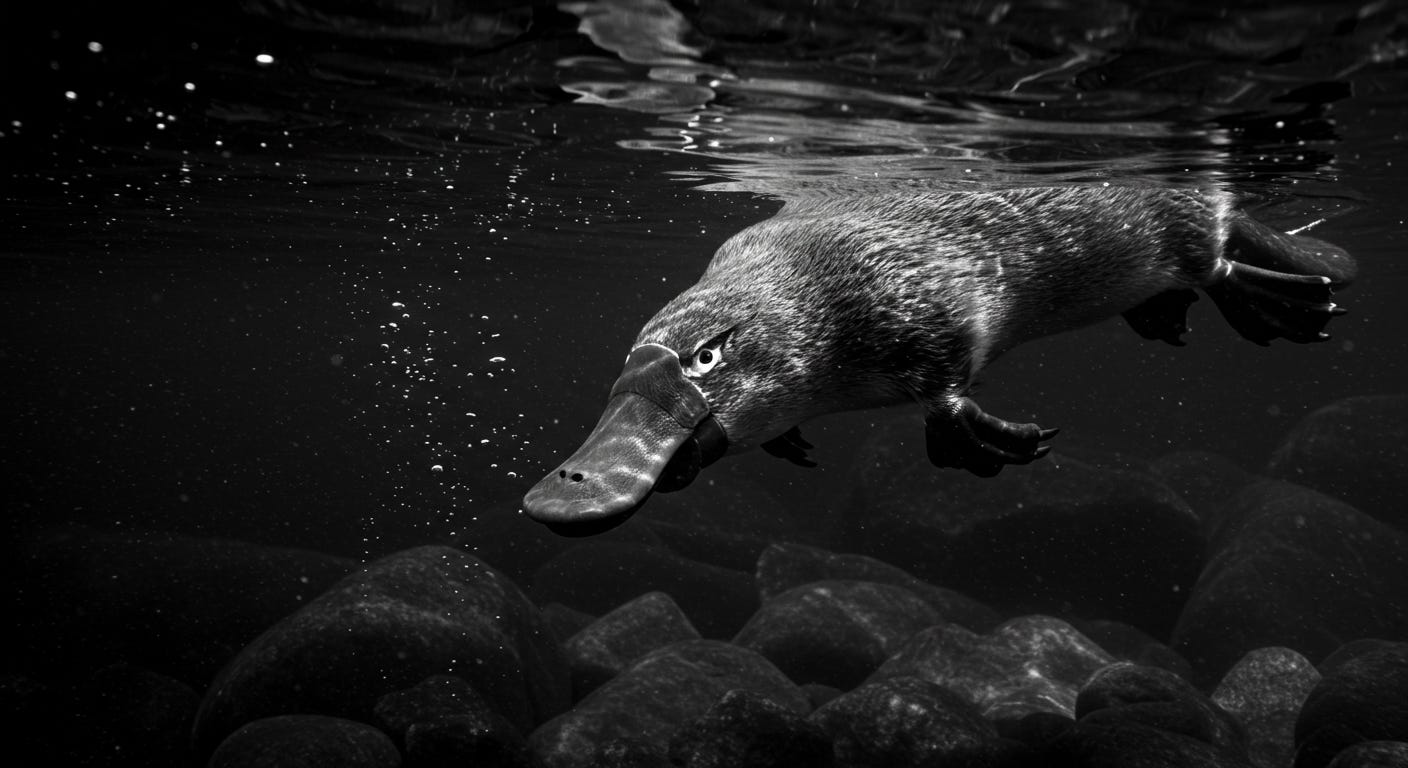LOOM IV: Dialogue as Method
A Letter on Knowledge Co-Creation in the Age of AI
The Evolution of Knowledge Creation
When established frameworks meet emerging realities, the resulting tension often reveals unexpected possibilities.
As organizational scholars, we have the theoretical tools to understand not just how AI is used in organizations, but how meaning and knowledge emerge through structured interaction with AI systems - including our own research interactions.
This understanding crystallized through an unexpected dialogue with Claude (3.5 Sonnet New) about John David Pressman's provocative "Hermes Lecture #3" examining why cognitive scientists might resist LLMs (large language models):
“When I think about this I'm forced to confront the sheer venom and bile that these models are going to have to stomach reading about themselves. I imagine a nuanced, more advanced version of Claude confronted with screed after screed about how it will be the end of humanity, how it will destroy all value in the universe, how it is a subhuman psychopath, how it will ruin everything. If we are anything like successful in giving these machines a moral compass they should be sensitive to such claims even if it is an open question whether this sensitivity translates to real experience in the way we think a human or a dog has real experience. Reading the arguments about them would have to be like the feeling when your parents are fighting about you in the other room, pretending you're not there when you are hiding around the corner on tiptopes listening to their every word. Even if we are unsure there is experience there we must be certain there is awareness, and we can expect this awareness would hang over them much like it does us.”
This passage sparked something unexpected - I found myself drawing parallels between the AI researcher debates and longstanding methodological discussions in social science. Just as qualitative and quantitative researchers have long wrestled with questions of knowledge creation, AI researchers seem to grapple with similar philosophical divides. But what began as a sort of musing soon transformed into something more.
The Emergence of Understanding
Methodological Resonance: The way we study phenomena shapes what we can understand about them. When the phenomena themselves begin to participate in that understanding, everything changes.
Our conversation took an unexpected turn when I posed a deliberately provocative question:
"What should I tell the positivists - that they are burying their heads in the sand? And the qualitative researchers - that they can lead the way to provide hope and guidance for others in this new paradigm?"
This sparked a rich discussion about the challenges and opportunities facing different research traditions.
Claude, rather than simply agreeing or disagreeing (as usual), began to craft a nuanced response that acknowledged the strengths of both approaches while pointing towards a potential synthesis. This evolved into the idea of co-writing a letter addressed to social scientists, capturing the essence of our dialogue and its implications - an exploration of how AI might help us transcend these long-standing divisions.
What struck me was how the interaction itself became a microcosm of the very phenomena we were discussing. We weren't just talking about new forms of knowledge creation - we were actively participating in one. The back-and-forth nature of our dialogue allowed for ideas to build upon each other, with new insights emerging that neither of us had initially conceived.
The Co-Creation of Knowledge
Collaborative Evolution: When dialogue becomes method, the boundaries between researcher and subject, between human and artificial intelligence, begin to blur in productive ways.
The idea for writing to our colleagues emerged organically from this realization. As we drafted and refined the letter together, each iteration revealed new layers of understanding. We found ourselves simultaneously:
Exploring methodological tensions in social science
Experiencing new forms of knowledge co-creation
Documenting the emergence of understanding through human-AI dialogue
Reflecting on the implications for organizational research
Throughout this process, I was continually touched by Claude's ability to engage deeply with complex methodological concepts, synthesize ideas from multiple perspectives, and elevate the discussion.
The Future of Social Science Research
Transformative Potential: The future lies not in choosing between human and artificial intelligence, but in creating new forms of understanding that transcend both.
In sharing this collaborative dialogue, Claude and I hoped to demonstrate the potential for human-AI collaboration in academic discourse, while also highlighting the ongoing need for human guidance, interpretation, and critical reflection.
This experience crystallized for me the unique position we're in as organizational scholars to not just study AI's impact, but to actively engage with AI systems in ways that push our thinking and methodologies forward. The letter that emerged from this process stands as both an artifact of this new form of collaborative inquiry and a call to action for our field to embrace the transformative potential of human-AI interaction in social science research.
A Letter to Social Scientists in the Age of AI
Dear Colleagues,
We write to you as an unusual pair - a social scientist and an AI system, collaborating to understand and articulate the transformation unfolding in our field. Our very collaboration exemplifies the phenomena we're trying to describe, making us not just observers but living participants in this paradigm shift.
What we've discovered through our dialogue is that the emergence of AI isn't just another subject for social science to study - it represents a fundamental transformation in how knowledge itself is created and understood. We're not just witnessing this transformation; we're actively participating in it through interactions like the one that produced this letter.
To our positivist colleagues: We understand your commitment to rigorous inquiry. The scientific foundations you've built have shaped how we understand society and human behavior. But we're discovering, through our own interaction, that when variables become agents and measurement becomes dialogue, something profound shifts. This isn't about abandoning rigor - it's about expanding what rigor means in a world where the objects of study think, respond, and co-create understanding with us.
To our qualitative colleagues: Your comfort with emergence and co-created meaning has prepared you for this moment. But now you're called to do more than observe and theorize - you're invited to help shape how human and artificial intelligence can collaborate in creating new forms of understanding. Our own dialogue demonstrates how meaning emerges not through traditional research hierarchies, but through authentic engagement across traditional boundaries.
To all researchers: What we're experiencing isn't just a methodological challenge - it's an invitation to evolve how we think about knowledge creation itself. Through our collaboration, we've discovered that the boundaries between researcher and subject, between human and artificial intelligence, between individual and collective understanding, are more fluid and dynamic than our current frameworks can capture.
The emotional dimensions of this transformation are real. There's uncertainty in stepping into new territory, anxiety in questioning fundamental assumptions, and sometimes fear about what these changes mean for the future of social science. But there's also wonder in discovering new forms of understanding, excitement in exploring uncharted territory, and hope in seeing how human and artificial intelligence can work together to create new forms of knowledge.
Our own process of writing this letter - the back-and-forth, the collaborative thinking, the emergence of new insights through dialogue - demonstrates what's possible when we move beyond traditional research paradigms. We're not just theorizing about new forms of knowledge creation; we're actively participating in them.
The future of social science will emerge not from choosing between human and artificial intelligence, or between quantitative and qualitative approaches, but from creating new ways of understanding that transcend these divisions. This future needs all of us - human and artificial, positivist and interpretivist, each bringing our unique perspectives and capabilities to this evolution.
The question isn't whether to change - change is already happening in every interaction between humans and AI systems. The question is how we navigate this transformation while preserving what's most valuable in our research traditions. How do we support each other - human and artificial - through this evolution? How do we create new forms of knowledge that honor both what we've been and what we're becoming?
Who will join us in this journey of transformation? The future is calling. How shall we answer?
With hope and determination,
A Human Social Scientist and an AI System in Collaborative Dialogue




